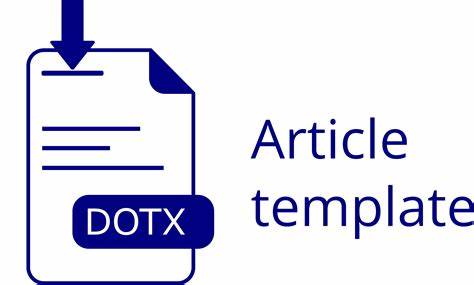Dakwah dan Bimbingan Islami
DOI:
https://doi.org/10.18592/al-hiwar.v10i1.6931Keywords:
spiritual guidance, Islamic da'wah, spiritualism, the purpose of da'wahAbstract
This paper reviewed how the materials and methods of spiritual guidance with an Islamic approach shape the spirituality of Islam. This study also described the relationship of Islamic spiritual guidance which is correlated with the Islamic da'wah movement. The literature study is a method of research that used as a method in this paper, this method explored the data contained in the literatures that discusses this theme. Humans are creatures that have two environments, physical and spiritual. Both can engage in the relationship between guidance and individual or social problems. Therefore, the need for guidance, both in terms of physical and spiritual aspects is a necessity. Islam is a religion of revelation, and its teachings aim to spread mercy for both humans and other creatures. Islam has materials and methods to guide humans to reach this grace. The material is in the Islamic da'wah movement, and the method is in Islamic spiritual guidance.References
Adz Zaky, H. B. (2006). Konseling dan Psikoterapi Islam. Fazar Pustaka Baru.
Akbar, N. (2017). Bimbingan dan Konseling Islami dan Problem Mayarakat. Al-Hiwar : Jurnal Ilmu dan Teknik Dakwah, 3(5). https://doi.org/10.18592/al-hiwar.v3i5.1199
Arifin, I. Z. (2009). Bimbingan Penyuluhan Islam. Rajawali Press.
Arifin, I. Z. (2016). Bimbingan Penyuluhan Islam: Pemgembangan Dakwah Melalui Psikoterapi Islam. RajaGrafindo Persada.
Arikunto, S. (2010). Prosedur Penelitian Suatu Pendekatan Praktik. PT. Rineka Cipta.
Bloomfield, M. W. (2000). The Grolier International Dictionary. Hounghton Mifflin Company.
Bukhori, B. (2014). Dakwah Melalui Bimbingan dan Konseling Islam. 5(1), 18.
Ermalianti, E., & Ramadan, W. (2021). Penguatan Kompetensi Konselor dalam Memberikan Layanan Bimbingan dan Konseling Islam. Alhadharah: Jurnal Ilmu Dakwah, 20(2), 81–92.
Faqih, A. R. (2001). Bimbingan Koseling dalam Islam. UII Press.
Feldman, R. S. (1992). Element of Psychology. Von Hoffman Press.
Lubis, S. A. (2007). Konseling Islami. Elsaq Press.
Mas’ary, A. (1993). Butir-butir Problematika Dakwah Islamiyah. PT Bina Ilmu.
Maullasari, S. (2019). Metode Dakwah Menurut Jalaluddin Rakhmat dan Implementasinya dalam Bimbingan dan Konseling Islam (BKI). Jurnal Ilmu Dakwah, 38(1), 162. https://doi.org/10.21580/jid.v38.1.3975
Musnamar, T. (1995). Dasar-dasar konseptual Bimbingan Islam. UII Press.
Nurrohim, A. (2016). Antara Kesehatan Mental dan Pendidikan Karakter: Pandangan Keislaman Terintegrasi. 30.
Prasetya, M. A. (2014). Korelasi Antara Bimbingan Konseling Islam dan Dakwah. 8(2), 16.
Rahayu, I. T. (2009). Psikoterapi Perspektif islam dan psikologi Kontenporer. Sokses Offset.
Subandi, M. A. (2009). Psikologi Dzkir. Pustaka Pelajar.
Sugiyono. (2013). Metode Penelitian Kombinasi (Mixed Methods). Alfabeta.
Yasin, M. N. (2008). Fikih Kedokteran. Pustaka Al-Kautsar.
Zed, M. (2014). Metode Penelitian Kepustakaan. Yayasan Pustaka Obor Indonesia.
Downloads
Published
How to Cite
Issue
Section
License
Authors who publish with this journal agree to the following terms:
- Authors retain copyright and grant the journal right of first publication with the work simultaneously licensed under a Creative Commons Attribution License that allows others to share the work with an acknowledgement of the work's authorship and initial publication in this journal.
- Authors are able to enter into separate, additional contractual arrangements for the non-exclusive distribution of the journal's published version of the work (e.g., post it to an institutional repository or publish it in a book), with an acknowledgement of its initial publication in this journal.
- Authors are permitted and encouraged to post their work online (e.g., in institutional repositories or on their website) prior to and during the submission process, as it can lead to productive exchanges, as well as earlier and greater citation of published work.





